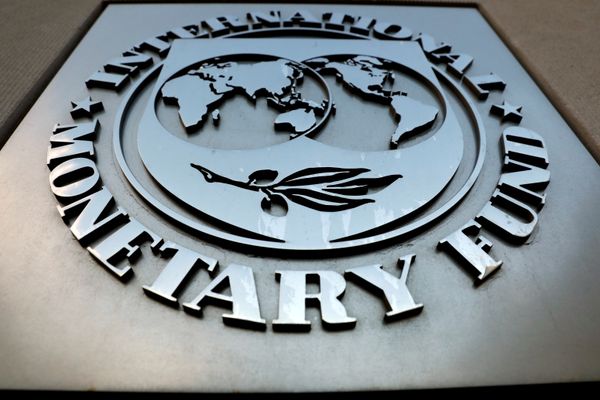WASHINGTON, Jan 17 — The International Monetary Fund (IMF) expects the global economy to grow by 3.3 per cent both in 2025 and 2026, lagging behind the 2000-2019 average of 3.7 per cent, according to the latest World Economic Outlook report published on Friday.
"Global growth is projected at 3.3 per cent both in 2025 and 2026, below the historical (2000–19) average of 3.7 per cent," said the report, cited by Sputnik/RIA Novosti.
The World Economic Outlook report has also revised its forecast for the United States' (US) economic growth upward by 0.5 percentage point to 2.7 per cent for 2025.
"In the US, underlying demand remains robust, reflecting strong wealth effects, a less restrictive monetary policy stance, and supportive financial conditions. Growth is projected to be at 2.7 per cent in 2025. This is 0.5 percentage point higher than the October forecast," it said.
The report has revised its 2025 growth forecast for the Euro area downward by 0.2 percentage points to one per cent amid continuing geopolitical tensions and policy uncertainty.
"In the Euro area, growth is expected to pick up but at a more gradual pace than anticipated in October, with geopolitical tensions continuing to weigh on sentiment.
"Weaker-than-expected momentum at the end of 2024, especially in manufacturing, and heightened political and policy uncertainty explain a downward revision of 0.2 percentage point to 1.0 per cent in 2025," it said.
The fund expects the Euro area's growth to rise to 1.4 per cent in 2026.
Meanwhile, the IMF has warned that the world could face a renewed hike in commodity prices due to economic policy shifts and geopolitical tensions.
"In addition to risks from economic policy shifts, geopolitical tensions could intensify, leading to renewed spikes in commodity prices," it said.
The report also warned that the conflicts in the Middle East and Ukraine could worsen, directly affecting trade routes as well as food and energy prices.
"Commodity-importing countries may be particularly affected, with the stagflationary impact of higher commodity prices compounded by an appreciating dollar," it said.
They also warned that looser US fiscal policy could end up weakening the role of US Treasuries as a global safe asset in the long term.
"Looser fiscal policy in the United States, driven by new expansionary measures such as tax cuts, could boost economic activity in the near term, with small positive spillovers onto global growth.
“Yet in the longer run, this may require a larger fiscal policy adjustment that could become disruptive to markets and the economy, by potentially weakening the role of US Treasuries as the global safe asset, among other things," the IMF said.
— Bernama




